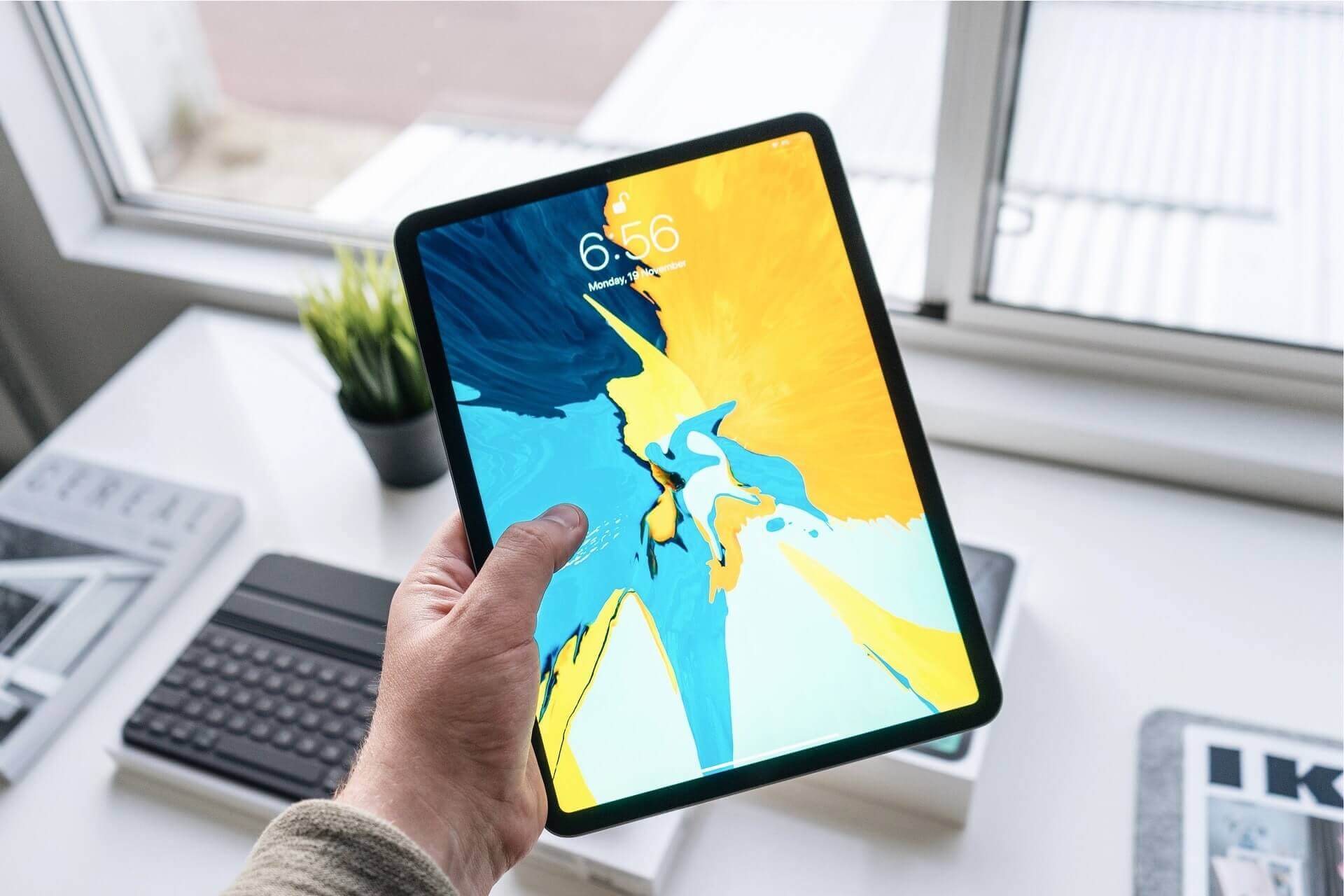Whistleblower claims may not free Elon Musk from his Twitter hook

For business productivity, what would help you make the most of your working day? We wouldn’t want to write our business blogs on a mobile device. A desktop with a large monitor or a laptop makes more sense. Both have more real estate (screen size) to view your content, and many windows open simultaneously. Plus, there’s the keyboard too.
Today many organizations with high volumes of sensitive data and big budgets typically utilize security appliances.
Consider the Advantages of Mobile Devices
It’s essential to think carefully about each device type’s user experience (UX). Desktop users need an interface that is easy to use and provides straightforward navigation. On the other hand, mobile users will want to look for a UI that takes advantage of touch interfaces and enables easy multitasking.
In this business blog post, we cover some of the considerations required so you can make an informed decision about which device type should be used for improved productivity, including the following:
- Why desktops are better for business productivity
- Where mobiles have the edge over desktops
- Security considerations for each device
- User Experience (UX) on each device type
Look Into Advanced Security Options for Both Desktops and Mobiles



In general, desktop computers offer larger screens, more processing power, and a more comprehensive range of input options than mobile devices, making them more suitable for tasks requiring intense computing power or precise control. Understandably, most B2B industries prefer desktops and their computing power for most jobs.
The security of your business’s data is paramount! So, research security options such as firewalls and virus protection, whether you choose a desktop or a mobile device for productivity tasks. What’s more, consider investing in encrypted password storage services and even multi-factor authentication.



